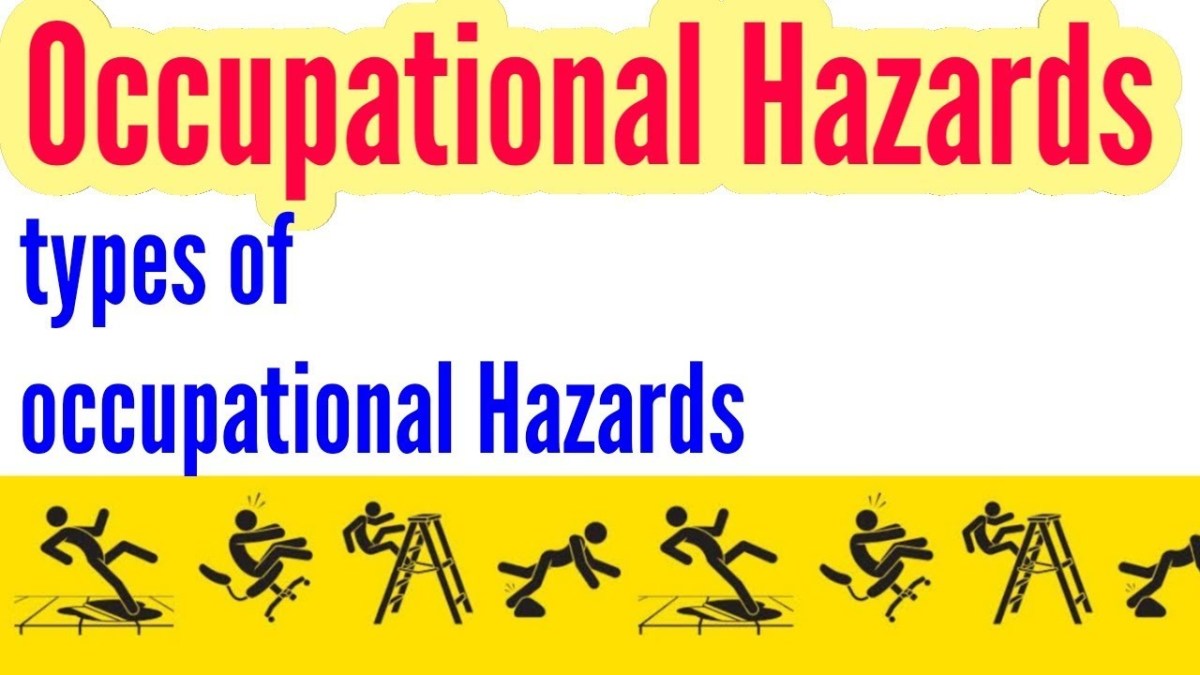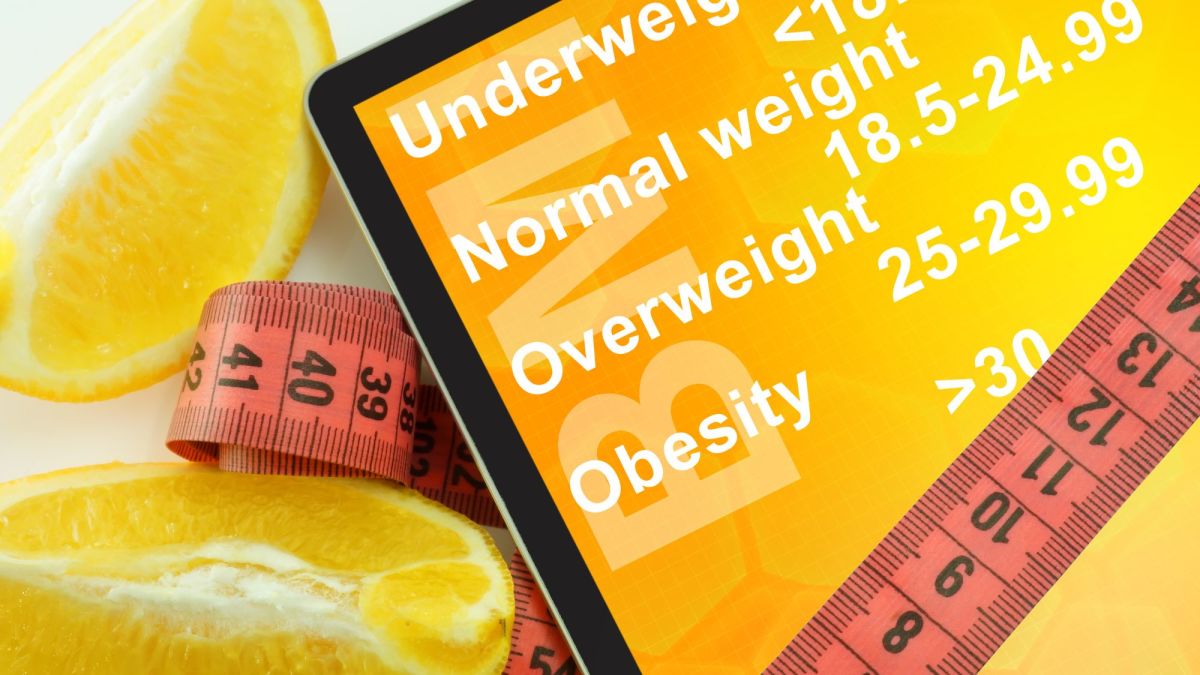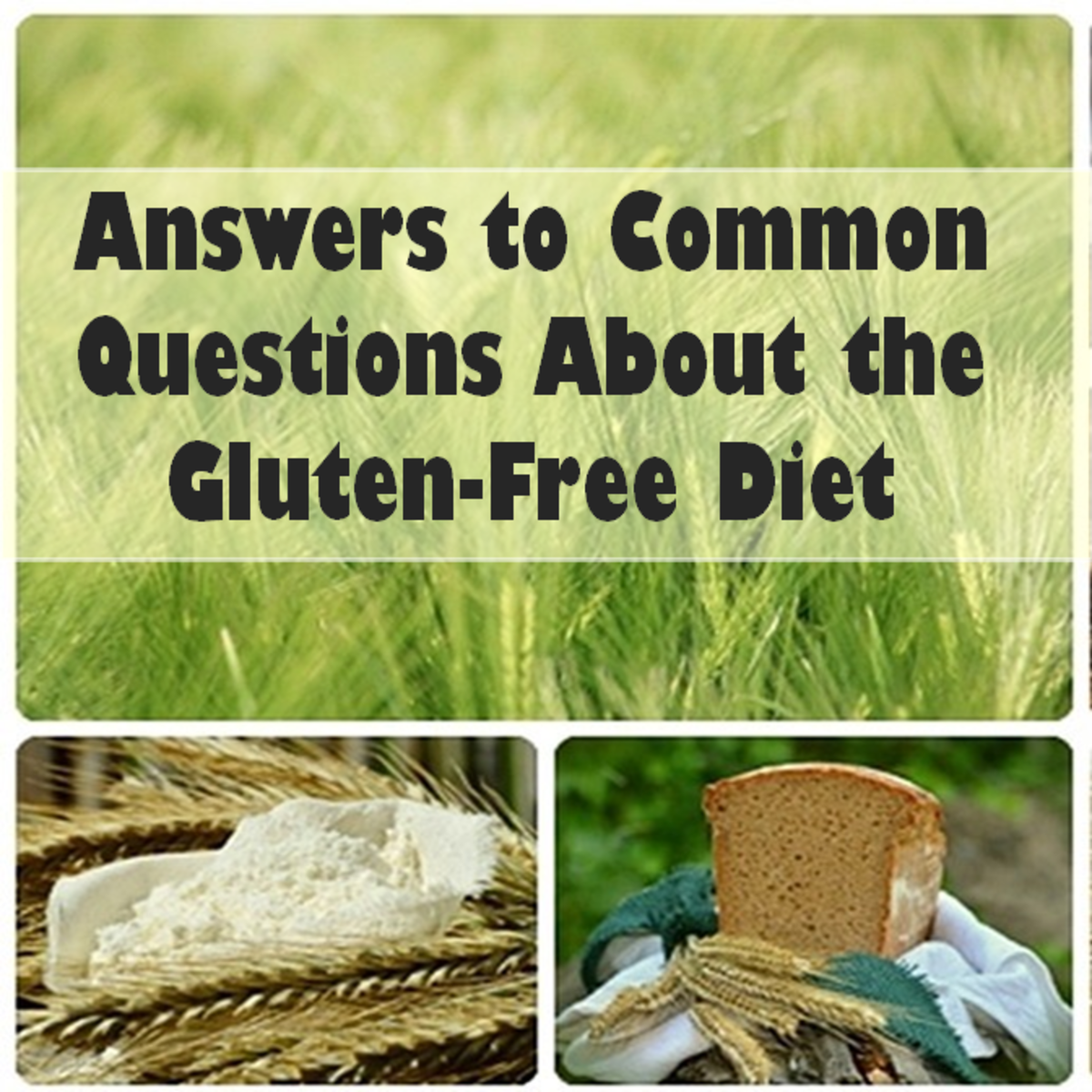Supermarket Offers :: Buy One Get One or Two Free :: BOGOF, BOGTF - Tax the Perpetrators

BOGOF - What is it? BOGTF - What is it?
What is BOGOF? What is BOGTF?
Those marketing men are so damned clever aren't they! They are so clever that they took a simple concept and made it into catchy little numbers. What they thought was: "Hey, those dim shoppers need an FLA to remember our slogan", "Purchase one of these products and we (the supermarket) will be kind enough to give you another one (or two), absolutely free"; and what did they come up with - BOGOF / BOGTF.
We live in a world of TLA's and FLA's but do we know what they mean - immediately?
Do you know what an FLA is?
Well BOGOF and BOGTF are FLA's. FLA stands for Five Letter Acronym. Acronym means take the first letter of each word in a sequence of words and make it into a clever little memory-jogger. Except it usually takes the place of the sequence and the original meaning is forgotten - clever eh!
Now in the UK BOGOF could be misconstrued (it could be taken as Bog off! - which in Olde English Street Slang means 'Go Away', politely).
But, to get to the point - BOGOF stands for Buy One Get One Free - BOGTF stands for Buy One Get Two Free - clever huh? Them marketing boys really earn their money.

BOGOF / BOGTF - What's the Problem?
The problem with BOGOF and BOGTF is not that they are poorly thought-out slogans. In fact they seem to work. Well work in the sense of us shoppers think: "Hey that supermarket is doing us a favour, they are giving away something for free. Whoopee! That'll save me some money. I'll use the free offers for lunch".
Well, I got news for you. There's no such thing as a free lunch!
So it works for everyone doesn't it? It works for the marketers: they get credit for increasing the take-up of the offers. It works for the supermarkets: they get customers in that want to take advantage of the offers. It works for the producers: they either get rid of their excess stock or they generate sales to new or disaffected customers. And best of all it works for us shoppers: Hallelujah, something for nothing!
Or is it?
There's no such thing as a free lunch! I told you that earlier. But why is it not free?
Because:
- You're paying for it just the same, but it's costing you half (or 1/3rd) the price. That is if you use it all. If you waste some or all of the extra you get, then the price tends towards the price that you would have paid originally. If wastage occurs then there is the environmental cost of disposal. In this case, all the producers or supermarkets have done is pass the logistical problem of disposal on to you. How kind and thoughtful.
- Did you really want twice or thrice as much? Why did they place an offer in front of you where you receive twice or three times as much rather than left the amount the same but charged you half or one third the price? Now this is where the clever salesmen came in. If they charged you half or a third the price then the supermarket profit is decreased. And what is the name of the game for a supermarket? You got it - profit!
[If you need an explanation of the last point, ask me in the comments section and I will explain.]
And that is where the problem with BOGOF or BOGTF lies.
Where you only wanted the original amount but were "forced" into buying twice or thrice as much as you want or need. Don't get me wrong, if you needed the full double or treble quantity, then you have saved money - well done! But, if you really had only need for the original quantity then you have been coerced into a situation that is neither good for you, your family or the country as a whole.
Bold statement that. Why?
- For health reasons
- For environmental reasons
- For monetary reasons
- For fairness reasons
- For moral reasons
- For honesty reasons
In this article I am only going to explore the health effects. If you want an explanation regarding any of the other reasons I will respond to any questions in the comments section.

BOGOF / BOGTF - The Health Implications.
So, you have gone to the supermarket and your shopping list includes, let's say, doughnuts (Donuts - which is right for you Staters?). I like doughnuts! I only want a couple of doughnuts, as they get hard quickly and I live on my own. I can usually get just 2 in a pack (not true, but this is only an example). Lo and behold, my local supermarket is feeling generous today (you now know this is not true!) and they have a BOGOF offer on doughnuts. I get 4 for the price of 2. And they have saved packaging by wrapping them all up together. So thoughtful! I can now only buy a pack of 4 if I want doughnuts. And I want doughnuts. They're on my list.
Now I've got 4 doughnuts. I only wanted 2 doughnuts. But I am grateful to the supermarket for being so generous. I'll go back there again when I want doughnuts, just in case they have another BOGOF offer on doughnuts. I'll give them my loyalty to repay them for being so generous.
Mmmmm, that doughnut was nice. I've got 3 doughnuts left. It won't hurt to eat another doughnut. And I like doughnuts. Can't leave them too long as they will go hard. I had planned to eat one each day for two days when I went to buy them. So if I eat 2 a day then they will last for the two days just as I had intended.
What's wrong with that?
- I've now eaten 4 doughnuts instead of two.
- I've thrown away a little more packaging.
- It's cost the environment twice as much to transport the amount of doughnuts I buy, on this occasion.
- It's cost the environment twice as much to produce the amount of doughnuts I buy, on this occasion.
The above example can obviously be extended for a BOGTF offer, with the corresponding increase in the problem.
Although the other three points are important I am going to concentrate on the first point. Why? Because I am concerned about your health, not your recycling needs or environmental impact! But then again, perhaps I should consider these in another article.
What are the health implications?
- I am going to gain weight, unless I compensate by not eating something else. And I like those something-elses. They were on my list. I had planned before shopping to eat those others things. I have to eat them or they will go to waste. I had not planned to waste them.
- I have increased my calorie intake, but this is OK if I do some exercise to burn an equal number of calories. Do you know how much exercise I will need to do to burn off that many calories? I don't and I'm pretty sure, if I found out, that I would neither be able nor be willing to do that amount. So, I will put on weight.
- I have increased my sugar intake, a no-no if you are diabetic like me. And I've got news for you..... yes you guessed it! Even if you do not have diabetes this will not help you not get it. Like everything, there is no guarantee - so you may be fortunate, but don't rely on it. And the onset is not necessarily age-related. So......... You fill in the blanks.
- I have increased my fat intake. And the chances are that it is saturated fat. Not good. Very bad! Especially if you are prone to high levels of Cholesterol. What is Cholesterol - you will have to look that up yourself - I can't figure it out. But what I do think is that this has a much greater impact on the probability of contracting diabetes if your Cholesterol is consistently high. And having just eaten those doughnuts I'm pretty sure cholesterol-eating bugs in my bloodstream are gonna have to work pretty hard to get rid of that lot.
- And finally on my list I have pretty much certainly taken in a whole lot of extra c..p that the producers don't advertise too hard, that is supposed to make my eating experience a whole lot better.
Now I have concentrated on the effects these things have on the possibility of getting and the negative impacts on diabetes. But of course a whole host of other 21st century ills are caused or exacerbated by the same things: heart disease, stroke, joint problems, breathing ailments, kidney function, sleep problems and etc.
And the most pressing for you Staters is the impact on the cost of health. Health with a big "H". How do you fund the spiralling cost of keeping healthy? How do you pay for all that extra healthcare that will be required for those without healthcare insurance? Should you fund other peoples ill health? Well, yes you should. Why? Because you have a moral duty. It is your fault in any case.
How can it be your fault?
- Because you buy BOGOF / BOGTF offers
- Because you cock a blind eye to those that buy BOGOF / BOGTF offers
- Because you have not educated yourself or your overweight cousins about BOGOF / BOGTF offers
- Because you buy the supermarket stocks on the stock exchange
- Because you do not insist on the supermarket stocks to be removed from 'Green' investments
- Because you do not care what is happening because of BOGOF / BOGTF offers
- Because. Period.
So, how can you limit the cost (monetarily) of the impact of BOGOF / BOGTF offers on your health insurance premiums and your tax dollars (or pounds sterling for that matter)?
Read on!

Diabetic Book Recommendations
BOGOF / BOGTF - The Ultimate Solution
Tax them! Yes, tax them.
Tax them on the price difference between selling a BOGOF or BOGTF and halving or thirding the price of the product. Tax them according to the impact they have on society.
The first one is easy to quantify. The second - how do we quantify and therefore tax or penalise those that make BOGOF / BOGTF offers?
- Evaluate the impact from an actual health viewpoint. How much does it cost, per capita, to fund the healthcare of a diabetic, or a stroke victim, or someone with heart failure or kidney failure and so on and so on, that already has those problems.
- Evaluate the impact from a potential health viewpoint. The same calculations as above but for those that are predicted to have these conditions if something is not done.
- In a litigation society like the US I am sure there are lawyers that would find ways to monetise guilt. They've done it for cigarettes, they've done it for asbestos, they've done it for .......................you get the drift!
But, you say, all that will happen is that the BOGOF / BOGTF food offers will disappear from the shelves of supermarkets. Good! And how is that not good? Well the tax dollars will disappear. Yes, but the impact of BOGOF / BOGTF will disappear also and in the long run (and probably the short run) this will have a positive impact on your healthcare costs. How? By decreasing the number of potential claimants on healthcare payouts. Just as it is possible to quantify the potential costs, it follows that it is possible to calculate the potential savings.
A win-win situation!
Decrease the numbers contracting long-term illness and you decrease the amount of money paid out on their healthcare. Decrease the effects on those already ill and you decrease the amount of money paid out on their healthcare. Decrease the amount of money paid out on healthcare and you decrease the premiums that need to be paid to get that healthcare. Decrease the potential for payout and the actuaries are compelled to re-evaluate their tables and the premiums must decrease. Decrease the premiums and you can purchase more healthcare for each tax dollar. And the effect on the general well-being of the Nation goes up. An increase in well-being has a knock-on effect on the number of days being taken off for illness, by decreasing them. This increases the return on investment on a companies bottom line. Decrease the premiums of healthcare and the premiums paid by companies that pay for healthcare insurance for their staff, decreases. Again it affects their bottom line. And so on................A virtuous cycle of events that all start from one place.
The taxation of BOGOF / BOGTF offers!

Conclusion
BOGOF is not what it seems at first sight. Like so many things. You should do the investment test. Where 1 item is usually $2, which of the following is the best offer?
- 1 item for $1
- 2 items for $2
At first sight there is no difference. But look closer and you see that for offer one you have an extra $1 to buy something else or put back in your pocket or purse for later (or invest in healthcare). Go for the second option and sure you have twice as much product, but do you want or need twice as much?
Similar calculations can be made for BOGTF.
BOGOF and BOGTF are constricting snakes, winding their coils around you and squeezing until the life is squashed out of you. And it is not immediate. You know it is happening and you cannot do a thing about it.
BOGOF / BOGTF are the greatest cause of health problems that I can think of. You may not have realised it but now you know. Tax them until they squeal! Tax them until they change. Stamp on them as if they are cockroaches. Strangle the very life out of them. Kill them however you can!
BOGOF and BOGTF are an anathema. They should have been put down at birth but like so many invasive organisms you do not notice until they have multiplied to the point of plague. Drastic action is needed. Get your Government to take that action. Quick!
Related Articles by Other Authors
I commend this article for your attention, not just for the US:
- Should Healthcare be Socialized - The moral, monetary, and justice of the issue seems to be daunting for American citizens. This article asks: So what do you, the rest of the world think? Many nations have socialized medical structures. Is the healthcare inferior? Is the technology, the advancements, and human element of healthcare less in these countries?









